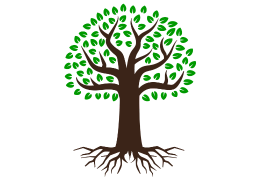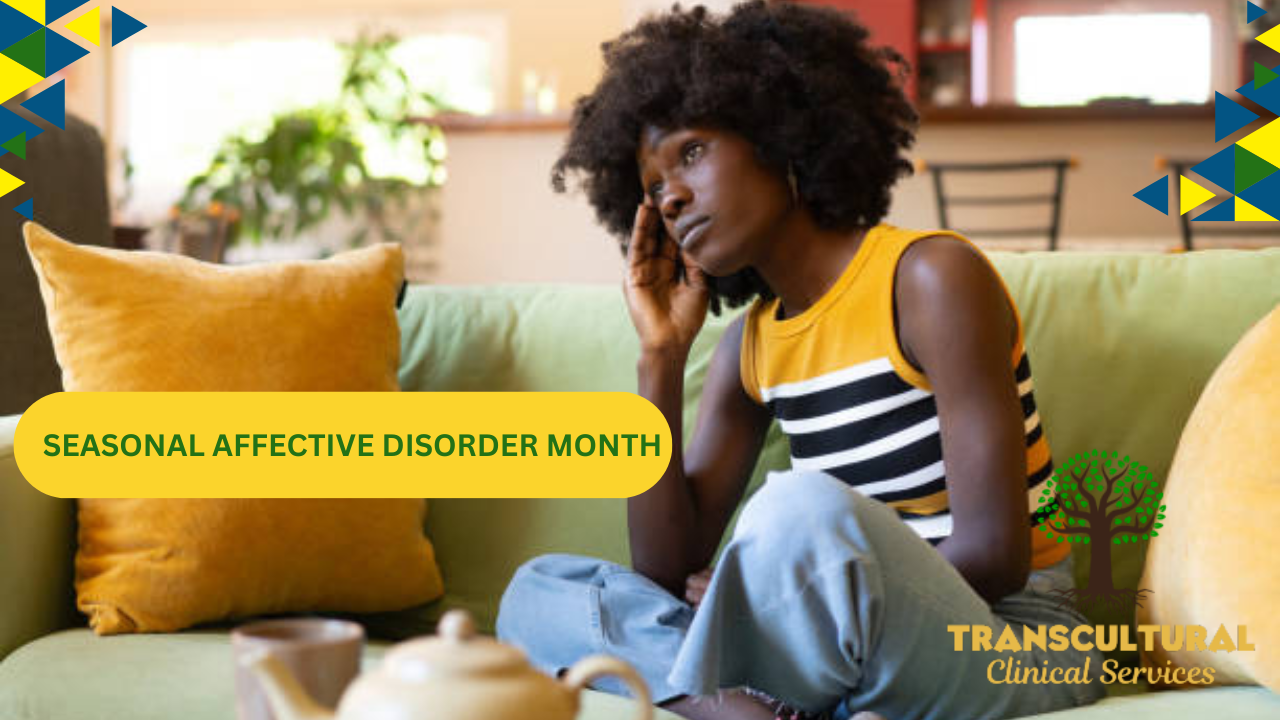One Caribbean friend packed her bag and headed home on November 3rd. That day, faced with packing her suitcases for her months-long stay with family, my friend appreciated having an extra hour of daylight-saving time, but more important, she rejoiced knowing that she would be out of town, and in the tropics when the days would become shorter, darker, and bone cold in Maryland.
For many struggling with SAD, celebrating major holidays: Thanksgiving, Friendsgiving and Christmas, with family and friends hold little pleasure because this specific form of depression can reck havoc with one’s quality of life. Also known as winter’s blue, SAD occurs at a specific time of year, most commonly during the fall and winter.
Common symptoms of SAD are similar to those of depression and may include
- Persistent feelings of sadness or low mood
- Loss of interest in activities once enjoyed
- Fatigue or low energy
- Changes in appetite, particularly craving carbohydrates
- Difficulty concentrating
- Sleep disturbances (usually oversleeping)
- Feelings of hopelessness or worthlessness
- In severe cases, thoughts of self-harm or suicide
Risk Factors
- Women are more likely to experience SAD than men.
- Living in a region where daylight hours are shorter.
- A family history of depression or other mood disorders; and
- Individuals with a history of depression
Even though my friend does not have Seasonal Affective Disorder (SAD), she took certain proactive measures that those grappling with symptoms of SAD could use to address their mood.
- Anticipate and cushion oneself against the lack of energy and motivation associated with SAD;
- Combat tendency to isolate by talking to friends and loved ones ahead of time and ensuring ample time
- Engage in some pleasurable activities
If SAD symptoms persist despite your best efforts, please seek support. You may reach out to me to me at Transculturalcinicalservices.com




